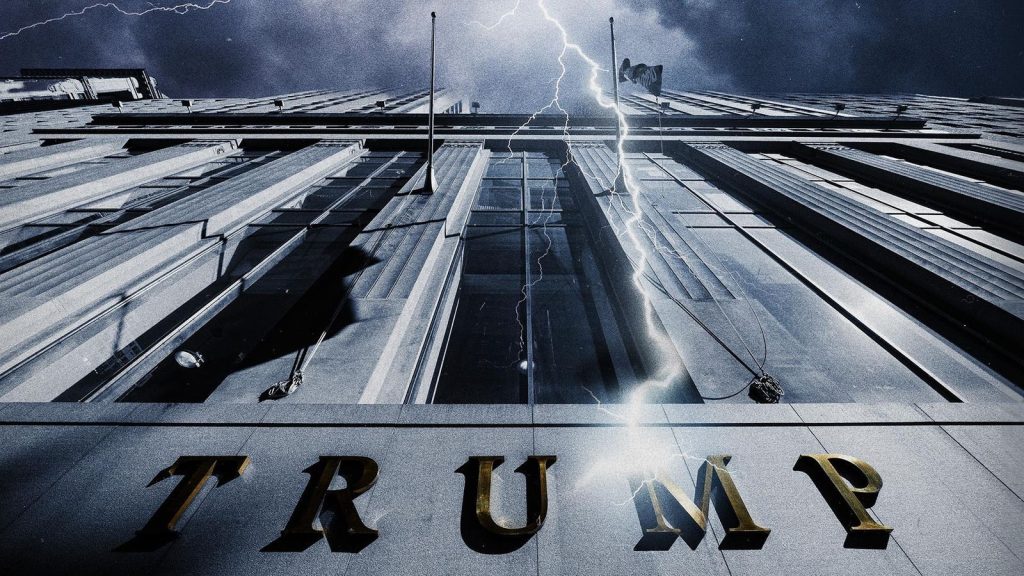Former President Donald Trump is facing serious financial problems, including a $457 million debt to New York state after being found liable in a civil fraud case. His team has not ruled out declaring bankruptcy via certain entities, with 40 Wall Street, his troubled skyscraper in downtown Manhattan, being the most likely candidate for bankruptcy. Trump’s debt at the property totals roughly $120 million, and the loan matures in 2025. He will need to find a new lender or come up with the cash to pay it off next year, on top of the fines and interest from three civil lawsuits.
One challenge for Trump is that he does not own the land that 40 Wall Street sits on, but merely holds a lease, requiring him to pay the landowner about $2.5 million in rent each year. The property’s value has decreased due to market conditions, and its occupancy level has also decreased over the years. Trump’s ground rent payments are set to escalate in 2033, potentially leaving him with minimal net operating income. He may hope to renegotiate his lease with the German family that owns the land, or he could declare bankruptcy on 40 Wall Street when his loan expires in 2025.
With his current financial liabilities, it is uncertain how Trump will come up with the cash to settle his debts. Despite having roughly $400 million in cash on his balance sheet, the recent legal verdicts in New York have significantly increased his liabilities. His lawyers may try to blame the issues at 40 Wall Street on what Trump calls “political persecution,” but the challenges faced by the property are primarily business-related. Trump may ultimately have to decide whether to renegotiate his lease, declare bankruptcy on the property, or find another solution to address his financial difficulties.
It is unclear how Trump’s financial troubles will be resolved, as his situation at 40 Wall Street remains precarious. The potential escalation of ground rent payments in 2033 poses a significant financial challenge, and the decreasing value and occupancy levels of the property add to the complexity of the situation. With the property facing financial difficulties and Trump’s mounting legal liabilities, he faces tough decisions in the coming years on how to address his financial obligations and maintain the operations of 40 Wall Street.
Despite efforts to shift blame for the property’s financial problems, the reality is that the challenges at 40 Wall Street are primarily business-related and not easily fixable by Trump. The looming ground rent escalation and market conditions present significant obstacles for the property’s financial stability. Trump may need to consider various options, including renegotiating his lease, declaring bankruptcy on the property, or finding alternative solutions to address his financial challenges. The future of 40 Wall Street and Trump’s financial situation remains uncertain amid mounting legal and financial pressures.














